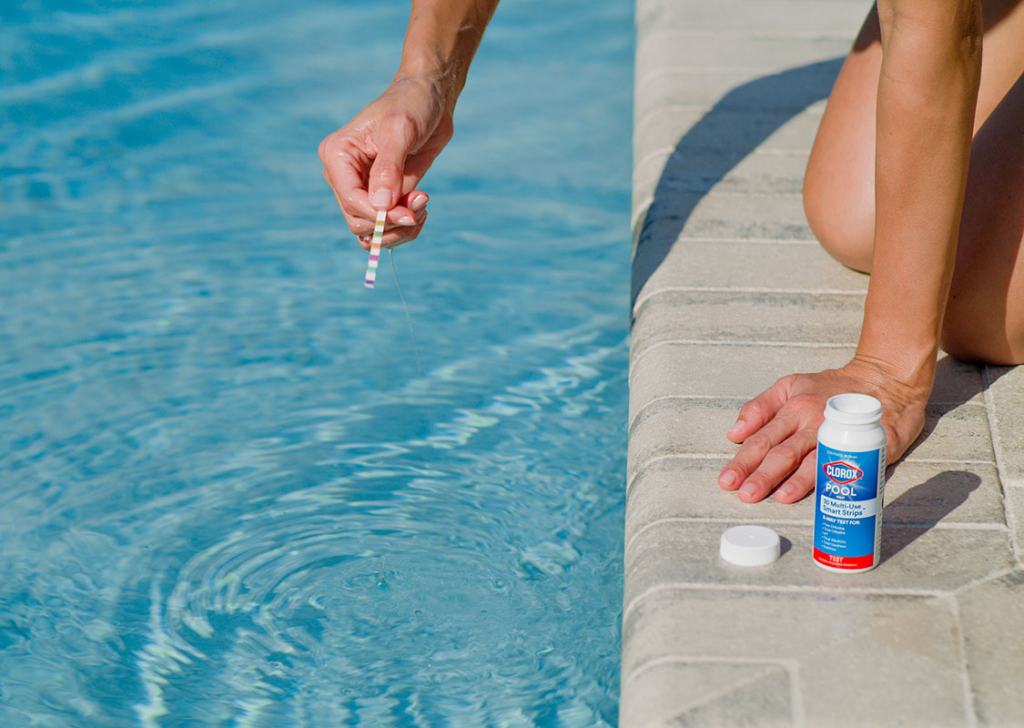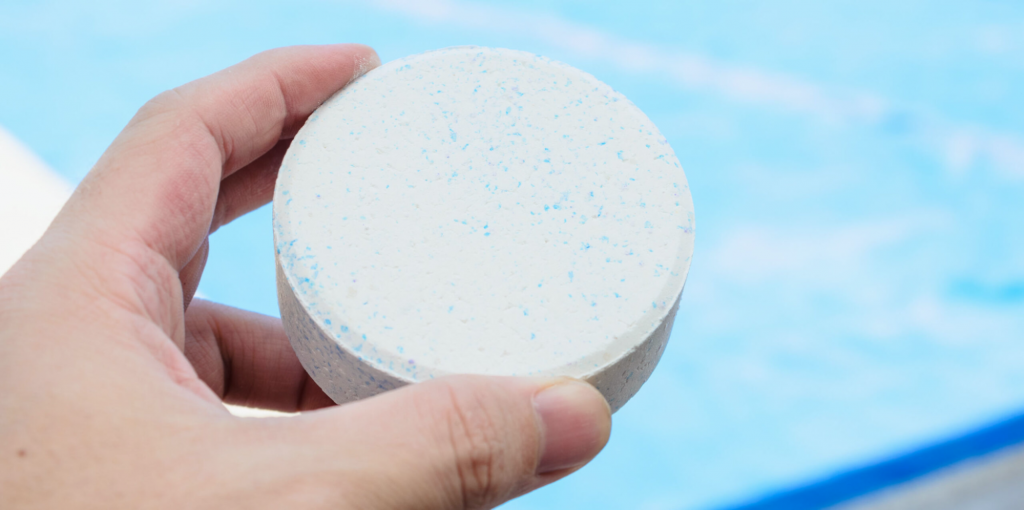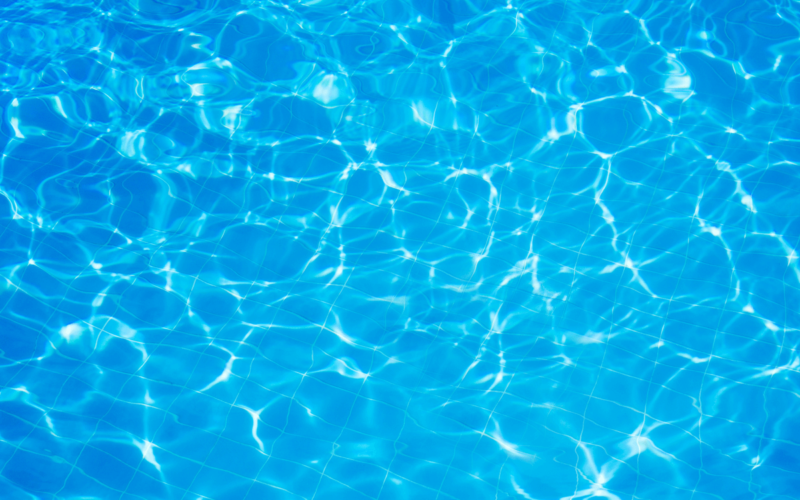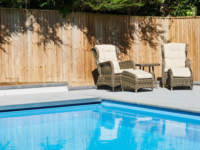The transparency, cleanliness, and beauty of the pool are achieved not only thanks to the pool filter pump: to keep your water as clean and safe as possible, you are required to add additives that help regulate the water balance in your pool. Some people ignore this and then have some problems.
A pool stabilizer is needed for regulating the chlorine level and ensuring the effectiveness of cleaning that reduces the chance of the pathogenic organisms in the water that are harmful to human health. In this article, we will tell you honest reviews of pool stabilizers.
What is a pool stabilizer and why is it important?
Pool stabilizer — is one of the chemical additives in liquid or granular form, which is needed to correct water balance in the pool (pH, alkalinity, etc.). It is also called pool conditioner or cyanuric acid (CYA).
UV rays, as scientists say, can reduce chlorine up to 50% in one hour. A pool stabilizer helps to support the correct chlorine in your outdoor pools that are under direct sunlight.
Regulating the level of chlorine is essential for prolonging disinfecting your pool water (killing bacteria and algae). The pool stabilizer provides 4 times more water purity support than without using a stabilizer. Keep in mind that this chemical is only one way for pool disinfection. To keep your water clean all the time, it is essential to use an above ground pool filter pump. It helps water to stay clear and transparent all the time without excessive use of chemicals. Also, due to the filter pump’s effectiveness, you can use your pool safely whenever you want: the filter eliminates all bacteria and debris.
How to understand that your pool needs a stabilizer?
To understand that you need a pool stabilizer — use test strips that also help assess the water balance in general: pH, alkalinity, etc. You can buy them in local service or the pool equipment store.
Below you can see how it looks like:

Source: Clorox
The most optimal value on the test is 40 . But for “home” pools, the norm is up to 50, and the lower relatively safe limit is 25. The World Health Organization recommends doing the test no more once a week, depending on the frequency of using the pool. The test should be carried out the first time the filter is started after cleaning and backwashing it so that the result is the most accurate.
So, if your test shows below 30 ppm, you need to add a pool stabilizer. If higher than 50 ppm — reduce accordingly. The easiest way to do this is to drain some of the water from the pool and add clean water back. Nothing complicated.
How much pool stabilizer needs my pool?
On average, pools need 1 pound of the pool stabilizer per 3,000 gallons — such simple math.
Also important to understand that the chlorine level depends on the pool stabilizer level. Use this formula to determine the optimal chlorine level:

How to add a pool stabilizer to your pool?
Most often, the packaging of the product indicates how to add the stabilizer to the pool. Some of them need to be added directly to the filter, some directly to the pool. So carefully read the instructions for use!
A pool stabilizer is a chemical that takes time to dissolve and can negatively affect both the surface of your pool and human safety, so we recommend using this life hack:
Summary
In this article, we told you the whole truth about pool stabilizers and answered the most basic questions that a buyer may have. With this overview, you will now be able to make an informed decision about using the pool stabilizer and use it correctly and without problems. Have nice swimming!
FAQs
⌛️How often do I need to add a pool stabilizer?
It depends on various factors, so everything is determined by the test strip, which shows the level of the stabilizer. On average, The World Health Organization recommends doing such a test should be carried out no more than once a week and look at the result.
⚖️How much a pool stabilizer do I need for my pool?
To calculate how much the stabilizer you need for your pool use this rule: “1 pound of the pool stabilizer per 3,000 gallons”.
❗️Why is a pool stabilizer important?
A pool stabilizer regulates chlorine levels and provides a lasting cleanliness effect, which reduces the likelihood of pathogens harmful to human health.
🧐Which form of pool stabilizer is better: liquid or granular?
It does not matter. Use what you think is better and more convenient. We recommend using a liquid stabilizer as it is easier and faster to dissolve in water than a granular stabilizer.




